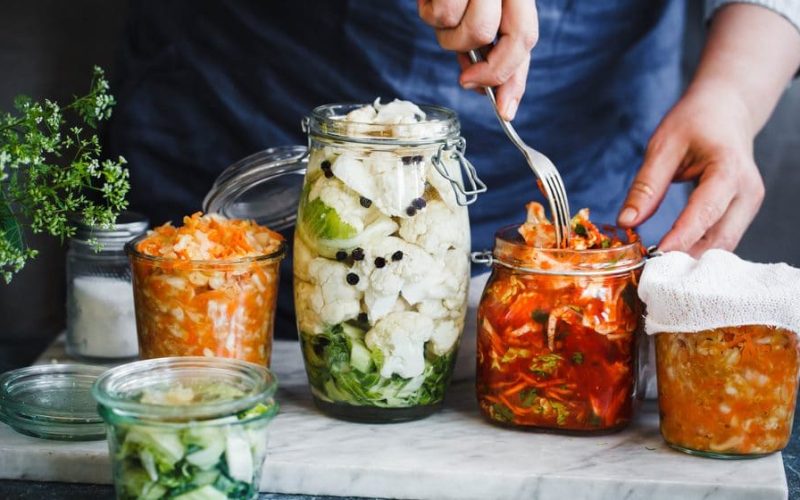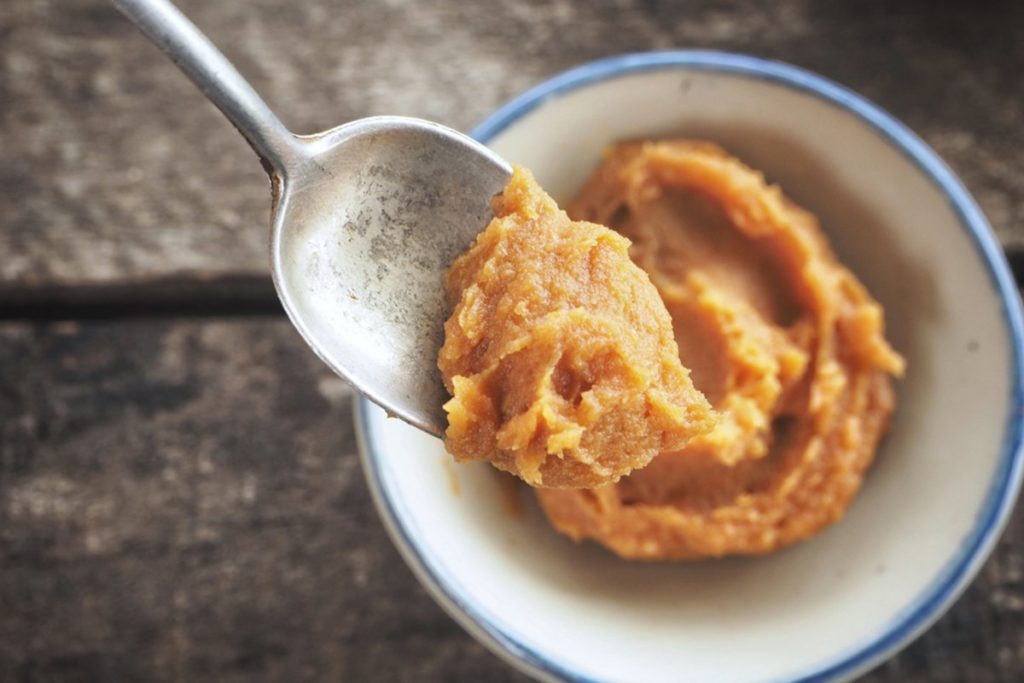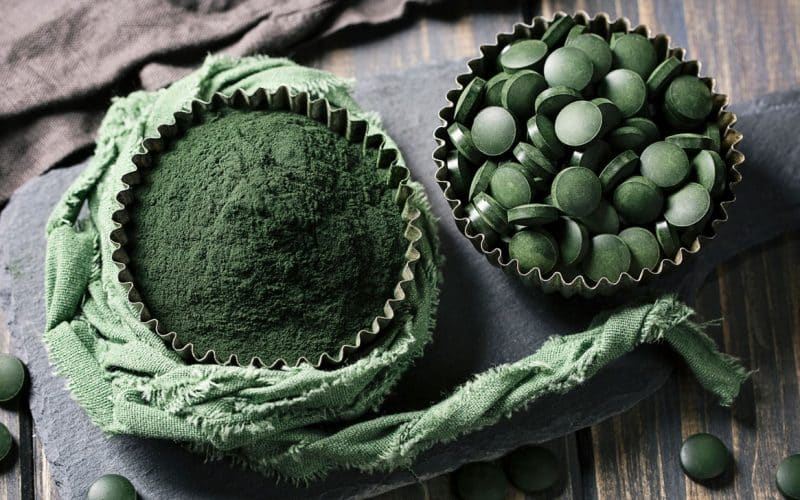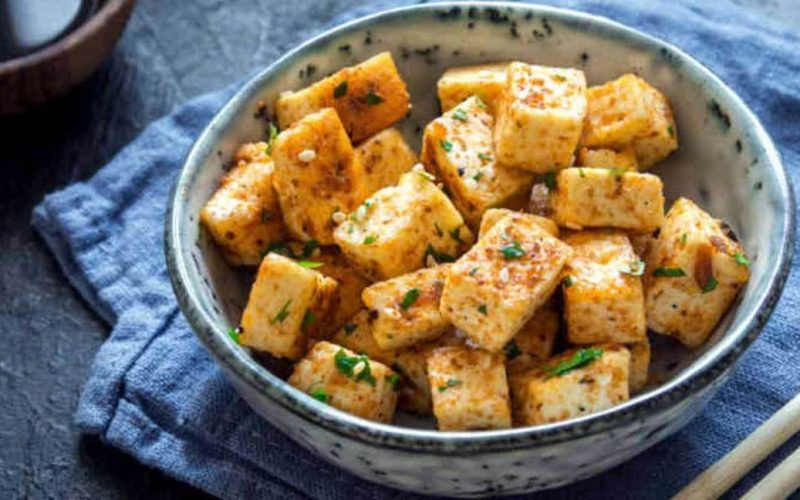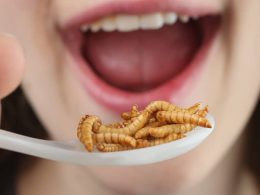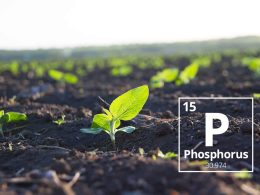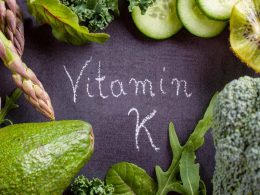They are ‘healthy bacteria’ that are known for providing numerous health benefits to your heart, brain and even your skin.
There are different types and classes of probiotics, the most common ones are;
- Lactobacillus (lactic acid bacteria)
- Bifidobacterium
- Saccharomyces boulardii, which is a type of yeast.
Probiotics can be gotten from supplements, but there is a wide range of food items – especially fermented products – that are rich in probiotics as well.
Food manufacturers also refer to probiotics as “active cultures” or “live cultures.” Some probiotic foods include;
1. Yoghurt
yoghurt is a major source of probiotics. It is made from milk fermented by healthy bacteria, mainly bifidobacteria and lactic acid bacteria.
Eating yoghurt has numerous health benefits; it is rich in calcium and protein which is essential for healthy bones. Studies also show that probiotics in yoghurt have a blood pressure-lowering effect on High BP patients.
Also, yoghurt is good for people who are lactose intolerant, this is because, during fermentation, the bacteria turn some lactose into lactic acid. This is what gives yoghurt its sour taste.
However, not all yoghurt products are rich in probiotics. In some cases, the live bacteria may have been eliminated during processing.
Therefore, before purchasing make sure it’s a natural yoghurt with live or active cultures with no additives or sugar.
2. Kefir
kefir is also a fermented dairy product like yoghurt. The difference between the two, however, is the process of fermentation, texture and taste.
Kefir is made by adding cultures of yeast and bacteria – known as kefir grains – into goat’s or cow’s milk. Kefir grains are cultures of yeast and lactic acid bacteria that slightly resembles cauliflower.
Also, Kefir is not as thick and creamy as yoghurt, it is usually a liquid consistency. It also has a more sour taste than yoghurt.
Compared to yoghurt, Kefir is a better source of probiotics. It contains more friendly bacterial strains and yeast than yoghurt and remains viable in the digestive system. It is also suitable for people who are lactose intolerant.
3. Sauerkraut
Sauerkraut is simply finely cut cabbage that has been fermented by lactobacillus.
It is a traditional dish and very popular in most East European countries. It is crunchy and tart condiment often served as a side dish or added to sandwiches and sausages.
Apart from being a rich source of probiotics, it also contains fibre, and vitamins B, C and K. it is also packed with sodium, iron and manganese.
When shopping for Sauerkraut, go for unpasteurized products as pasteurization kills much of the live and active cultures.
4. Tempeh
Tempeh is a soybean product that is similar to tofu but is made by fermenting the soybeans.
Due to the fermentation process, tempeh is packed with probiotics and protein, and also Vitamin B12; which naturally can’t be gotten from soybeans.
Vitamin B12 is mainly gotten from animal products like eggs, fish, and meat, making Tempeh a nutritious alternative to meat.
5. Pickled vegetables
Pickled vegetables are a great source of probiotics, especially if the vegetables were fermented using saltwater brine. Almost any vegetable can be fermented but the most common ones include;
- Carrots
- Cauliflower
- Cucumber
- Green beans
- Radishes
- Red bell peppers
For additional flavour, people can include herbs and spices like
- Bay leaves
- Black peppercorns
- Coriander seeds
- Garlic
Pickled vegetables – especially cucumbers – are low in calories and rich in vitamin K, which is essential for blood clotting.
Keep in mind, however, that pickles have a high amount of sodium and may not be suitable for people with high blood pressure.
Also, pickles made with vinegar brine do not contain live and active bacteria, so when shopping, go for pickles submerged in saltwater brine.
6. Sourdough bread
When it comes to gut health, bread made from sourdough is superior to other bread as it doesn’t need fast-rising yeast to form.
The bread is made from a combination of water and flour that has been fermented for some days. This is called a sourdough starter or fermented starter culture.
This process enriches the bread with lactobacillus, which is a healthy bacterial strain that encourages the bread to rise without the help any other added ingredient.
However, not all sourdough bread are rich in probiotics, so be sure to check the label for ingredients before buying. many manufacturers and stores do not use sourdough starters to make their bread.
7. Some types of cheese
Not all cheese contains probiotics even most of them are fermented.
Therefore it’s essential to check their labels if they contain live and active cultures.
Healthy bacteria are able to survive the ageing process of some cheese including cottage, cheddar, Gouda, and mozzarella cheese.
Cheese is a good source of protein and is packed with essential vitamins and minerals including phosphorus, selenium, vitamin B12, and calcium.
8. Traditional Buttermilk
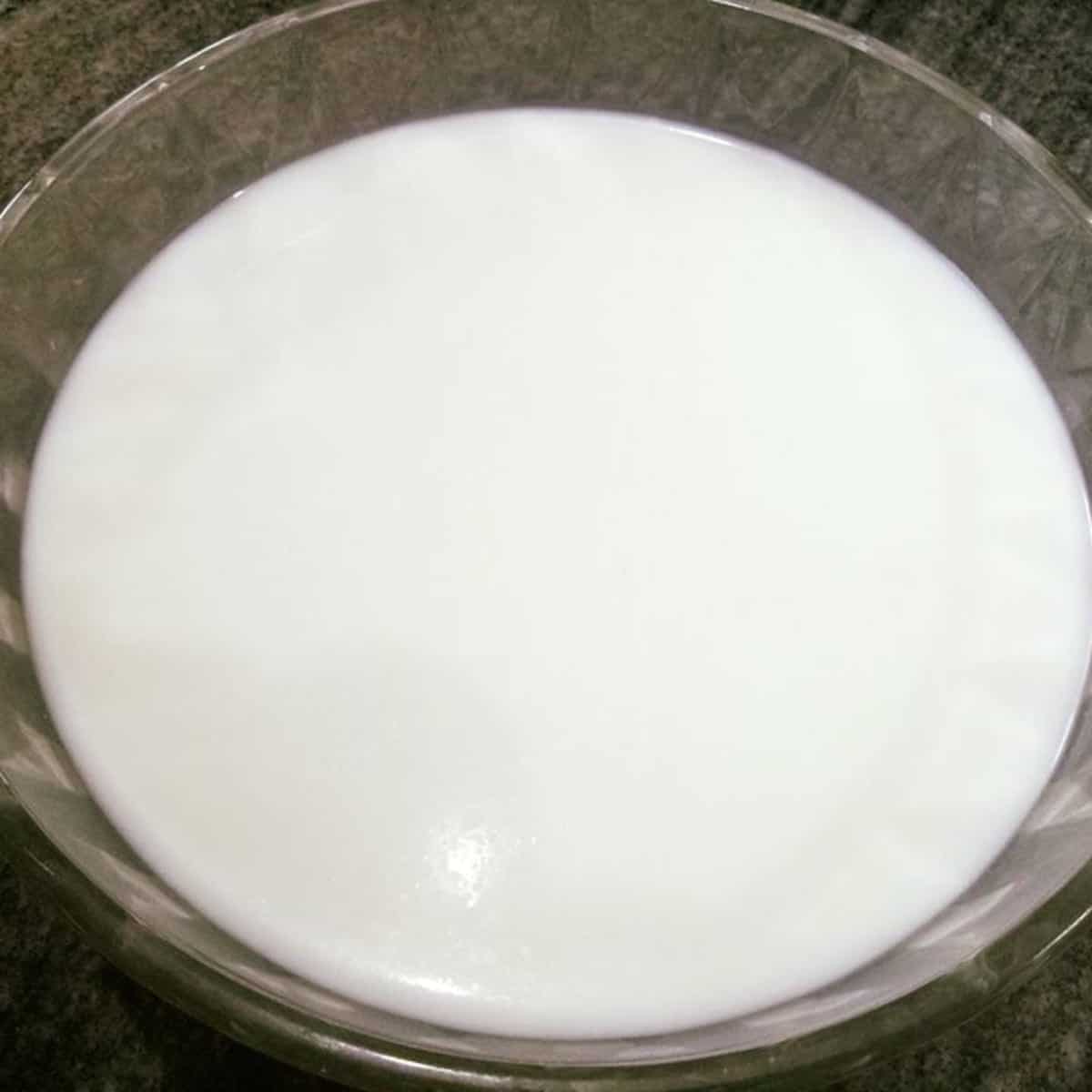
Buttermilk is actually a term used to refer to a variety of dairy drinks. Mainly, there are two types of buttermilk; cultured and traditional.
Only traditional buttermilk contains probiotics and its simply the liquid that is left from the process of making butter. It is sometimes referred to as “grandma’s probiotic.”
This fermented dairy drink is mainly consumed in Pakistan, Nepal, and India. Cultured buttermilk is common in supermarkets but they do not contain strains of beneficial bacteria.
Traditional buttermilk is low in calories and fat but contains several essential minerals and vitamins like calcium, phosphorus, riboflavin, and vitamin B12.
9. Miso
This is a popular Japanese seasoning made by fermenting soybeans with salt and koji (a type of fungus). Miso can also be made by fermenting soybeans with other ingredients like barley, rice and rye with salt.
The resulting paste (miso paste) is used in making miso soup and is rich in protein and fibre. It’s also a good source of vitamins, minerals and beneficial bacteria including vitamin K, B vitamins, copper, and manganese.
The Miso paste can also be used as salad dressing, in stir-sauces, and marinades. This probiotic-enriched food is typically salty and can be bought in a variety of colours including red, yellow, white, and brown.
Studies have shown that Miso may help reduce the risk of stroke and cancer, especially in women
10. Kombucha

Kombucha is a popular fermented green or black tea, favoured in many parts of the world especially Asia. It is fermented using a symbiotic culture of bacteria and yeast (SCOBY starter).
Apart from its probiotic qualities,
Kombucha also possesses the health benefits of tea as some brands come with other natural flavourings. However, the fermented tea shouldn’t be taken too often as some brands may contain added sugar.
The list of probiotic foods are endless, so you can incorporate as few or as many as you like into your diet, according to your taste.
However, not all fermented food items are packed with live and active cultures. Here are some examples of fermented food that doesn’t have beneficial bacteria;
- Chocolate
- Soya sauce
- Beer
- Wine
These foods – and others like them – go through additional processing that eliminates the live cultures. Some of these processes include pasteurization, baking, and filtering.
How to Incorporate more probiotic food into your diet?
Probiotic-packed foods are a delicious way to add more healthy bacteria into your diet. You can include them by;
- Replacing meat with tempeh while cooking a stir-fry. However, it’s best to introduce tempeh at the end of the cooking, so the live cultures don’t get destroyed by excessive heating.
- Drinking probiotic-rich beverages like Kombucha or kefir as a mid-day snack.
- Complementing main meals with sauerkraut as a side dish
- Making a breakfast of probiotic yoghurt with flax seeds, berries, and nuts.
Health Benefits of Probiotic-Rich Food
Some of the potential health benefits of eating probiotic food include;
- Improved digestion: Probiotics help the digestive system in breaking down food and speeding digestion. Probiotics may also reduce constipation and symptoms of irritable bowel syndrome(IBD) and Crohn’s disease.
- Vaginal health: The vagina is home to an abundance of bacteria. Birth control pills, Spermicides, antibiotics can disrupt the delicate balance in the vagina, leading to infection. Probiotics may help restore the balance and prevent such issues.
- Reduced risk of cancer: Research indicates that diseases such as colitis-associated cancer and inflammatory bowel disease (IBD) may be induced by disturbances of the gut microbiota. As a result, experts suggest that probiotics may help reduce the risk of these diseases.
- Mental Health: Researchers believe that mental health may be influenced by good gut health. Studies suggest that probiotics may reduce feelings of anxiety and depression, although more studies are needed to confirm this.
- Reduced risk of metabolic diseases: Non-alcoholic fatty liver disease, obesity and type 2 diabetes are types of metabolic disease. These conditions may be prevented and treated by regularly consuming probiotics.
- Diabetes management: Other studies show that probiotics may improve lipid metabolism and glycemic control in people with type 2 diabetes.
You can also get a probiotic supplement if you don’t have the time or don’t feel like eating any of these foods. Probiotics from both supplements and foods can be beneficial to your health.
References;
- Probiotics in the Prevention and Treatment of Postmenopausal Vaginal Infections: Review Article; NCBI
- The effects of probiotics on depressive symptoms in humans: a systematic review; NCBI
- Effects of Probiotics and Synbiotics on Obesity, Insulin Resistance Syndrome, Type 2 Diabetes and Non-Alcoholic Fatty Liver Disease: A Review of Human Clinical Trials; NCBI
- Effect of probiotics on metabolic profiles in type 2 diabetes mellitus; LWW
- 11 probiotic foods that are super healthy; Healthline
- 10 best vegan probiotics; Medical News Today
- Here Are 11 Probiotic Foods to Eat for a Healthier Gut; Byrdie
- Probiotic foods: what to know; Medical News Today



